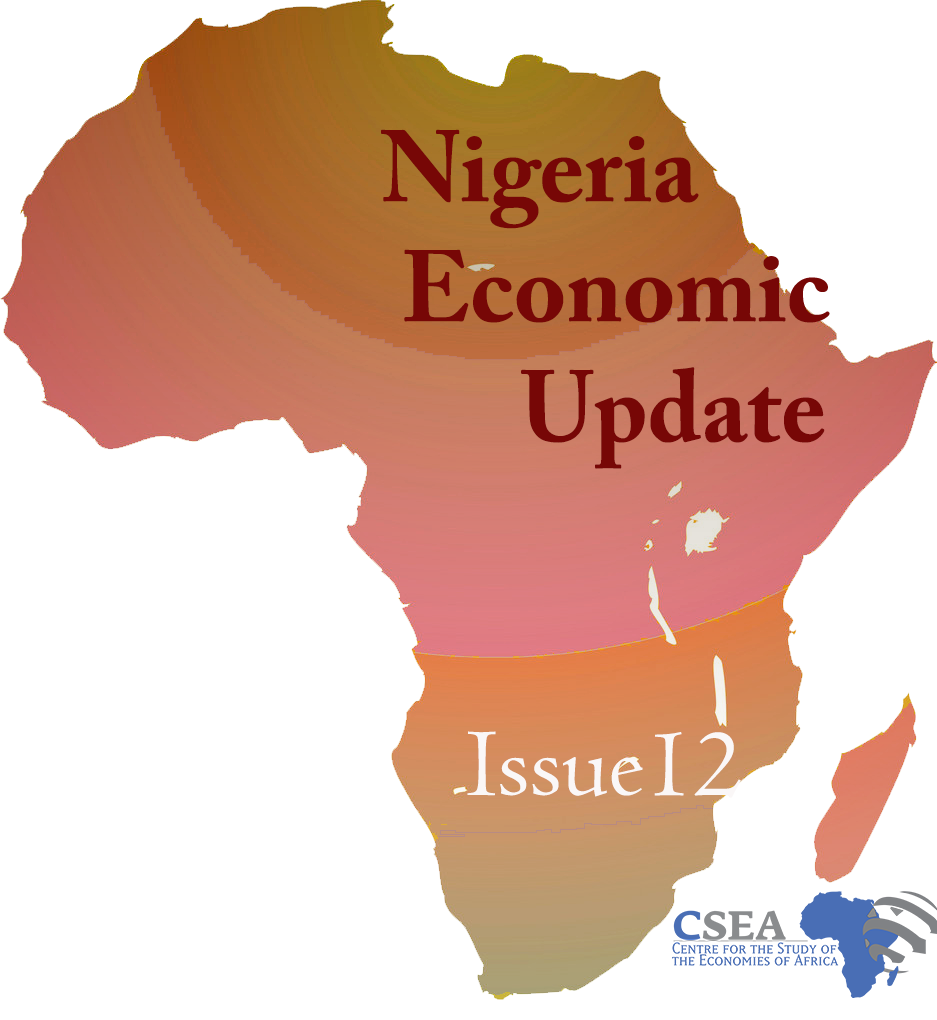The Nigerian mining and quarrying sector recorded growth in the production of solid minerals in 2018. The total quantity of solid minerals produced rose from 45.7 million tons in 2017, to 55.9 million tons in 20181 – representing a 22% increase. Disaggregated by type of solid mineral, Limestone was the most produced – production grew by 95% to 27.2 million tons in 2018, and accounted for about 49% of the total tons of minerals produced. The growth witnessed in the sector may have emerged from the government’s efforts and incentives to develop the sector and also in a bid to diversify the economy. The government had offered mining companies a three to five year “tax holiday”, duty and tax-free importation of equipment, full ownership of their businesses and the ability to take profits out of the country2. In addition, the government committed about $100 million intervention fund for the sector and awarded mining contracts to ten exploration and consulting firms, in 20183. In addition to ongoing interventions, there is need to minimize the indiscriminate export of mineral commodities especially gold, tin and lead-zinc to foreign smelters, as formalizing these activities offers great potential for a significant source of revenue for Nigeria, away from oil.
Macroeconomic Report & Economic Updates

April 15, 2019
Nigeria Economic Update (Issue 12)
The Nigerian mining and quarrying sector recorded growth in the production of solid minerals in 2018. The total quantity of solid minerals produced rose from 45.7 million tons in 2017, to 55.9 million tons in 20181 – representing a 22% increase. Disaggregated by type of solid mineral, Limestone was the most produced – production grew […]
Read →
Related
Nigeria Economic Update (Issue 3)
The
Nigeria stock market indices; All Share Index (ASI) and Market Capitalization
declined by 2.4 percent to close at 26537.36 points and N9.12 trillion
respectively at the end of the trade session this week8 The decline
in the indices, which is attributed to the low subscription for stocks in the
market, led to the partnership between Security and Exchange Commission (SEC)
and Debt Management Office (DMO) to salvage the financial system.
